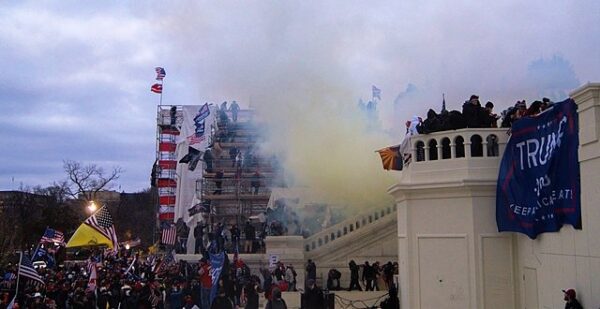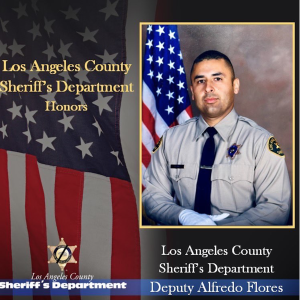 View Winners →
View Winners → 
By PAUL ANDERSON
Former Chapman University law professor John Eastman, who served as President Donald Trump’s lawyer, Monday agreed in federal court to participate in a process of vetting his emails during the presidential election to determine what will be shared with the House committee investigating the Jan. 6 insurrection at the Capitol.
Eastman, who was also affiliated with the Pasadena Republican Club, was seeking a temporary restraining order to block the committee from obtaining the emails from the university in Orange, claiming it would violate his First Amendment rights to free speech and his Fourth Amendment rights to privacy. Eastman has also raised his Fifth Amendment rights against self-incrimination.
But with U.S. District Judge David O. Carter indicating he would deny the First and Fourth Amendment claims, Eastman agreed to go over about 19,000 emails with attorneys for the House committee and let Carter referee any assertions of attorney-client privilege claims from Eastman.
Douglas N. Letter of the Office of General Counsel for the House of Representatives argued that the emails were necessary to help “get to the bottom of” what triggered the breach of the Capitol as Trump supporters sought to derail the certification of President Joseph Biden’s election. The emails will also be helpful in questioning other witnesses appearing before the committee, Letter said.
Letter told Carter that the committee gave Eastman “ample opportunity” to assert attorney-client privilege, and “We were met with a stone wall.”
Eastman’s attorney, Charles Burnham, said that was largely because his client would assert his Fifth Amendment rights against self-incrimination and even acknowledging the documents in question could be considered a waiver of the privilege.
Letter also noted that Eastman was on a leave of absence from Chapman when the emails being sought were exchanged.
The committee turned to Chapman University, which was willing to comply with the subpoena for the emails, Letter said.
Chapman attorney Fred Plevin said Eastman was not authorized to represent Trump while on the university payroll because it would be considered against the IRS rules governing nonprofits from engaging in political activity. Eastman was not teaching at Chapman during the presidential election, but did do some work for a law school clinic.
Plevin said any privilege claims for emails related to clients for the law school clinic “is a bit of a red herring.”
Former President Trump “was not a clinic client, nor would he have been eligible,” Plevin said.
“I liken it to having contraband on our system,” Plevin said of the emails at issue.
Eastman negotiated an end to his tenure with Chapman a year ago following an outcry from fellow faculty and students upset about the law professor’s attendance at the rally preceding the insurrection and his attempts to help Trump derail the certification of the election. Eastman offered legal advice to Trump regarding the rejection of some state electors in favor of others.
When Carter asked Eastman if he denied the free speech and privacy claims, would the professor agree to establish what’s known as a “privilege log” of the emails — which sorts out work product considered subject to legal privacy laws, and not be turned over to the House committee — Eastman agreed to that arrangement.
Eastman claimed he discussed his representation of Trump with the law school dean and was told to make sure any correspondence he used would take Chapman’s name off of it. Eastman’s attorney also noted that the professor was an adviser in the disputed election of President George W. Bush and former Vice President Al Gore in 2000 and no issues were raised then.
Eastman doesn’t believe he used his Chapman emails for his work representing Trump, but he cannot rule it out, Burnham told Carter.
While on a leave of absence from Chapman, Eastman did some work for the Pasadena Republican Club, the Claremont Center for Constitutional Jurisprudence and for professor Lawrence A. Hamermesh in the emoluments clause litigation against Trump, Burnham said.
Carter ordered both sides to provide a status report by Wednesday afternoon and another one on Friday. A hearing is scheduled for Jan. 31.
In the meantime, the attorneys will sift through the emails to determine what should be turned over to the congressional committee and which ones Carter will have to decide are to be kept private.
Plevin asked for Chapman University to be left out of the process now, but Carter said he will decide whether to do that later.







































































































